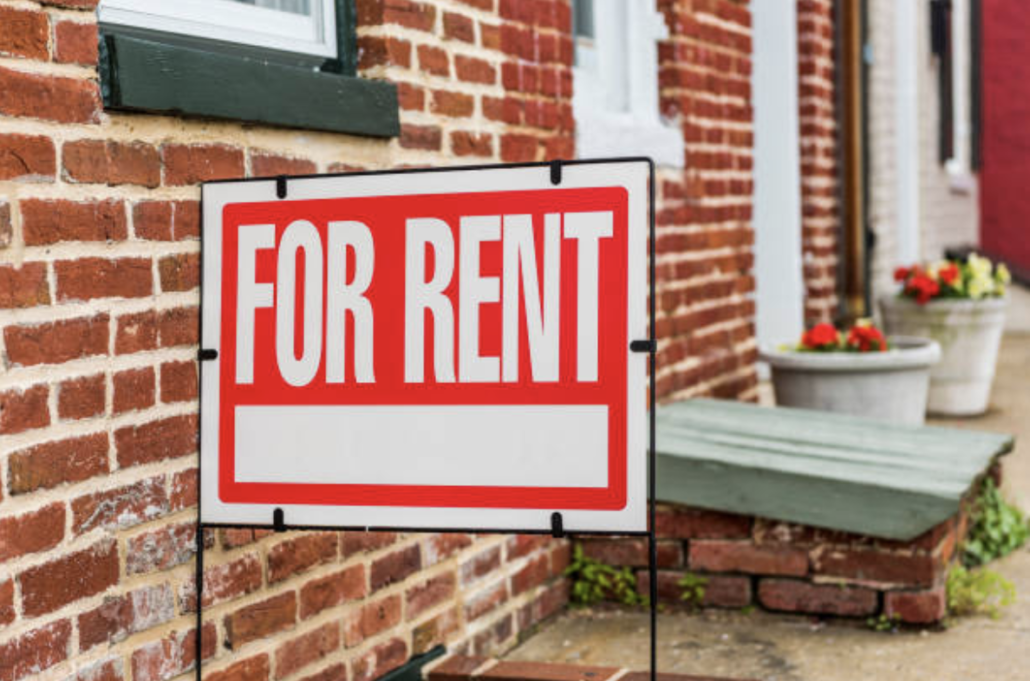Why Are There More Renters and Less Homeowners in New Jersey?
The American Dream of owning a house in the suburbs is not as common as it used to be. According to CNBC, “More U.S. households are headed by renters than at any point since at least 1965.” This trend extends to New Jersey where in the last ten years there are fewer homeowners and more renters in the state. According to NJ.com, of the 3.1 million housing units, about 35.9% are rented by their occupants while 64.1% are owned. This is about 2.5 percentage points less than it was about 10 years ago. To put this into perspective, there are now about 318,000 new residents living in rental units in New Jersey and about 156,000 fewer living in a purchased home. All counties in New Jersey, except for Cape May have lost homeowners. The Atlantic, Passaic, Hudson and Salem counties have all lost more than 4% of their homeowners over the last 10 years.

While it’s clear that renting has become the new norm, you may be questioning the reasons behind this shift. We’ve explored a few different contributing factors below:
The first, and most obvious reason is the financial burden purchasing a home lends itself to. After 2008’s housing crisis, it became more difficult to qualify for a mortgage. This combined with rising house prices and property taxes has deterred people from homeownership, as it is just not financially possible for them.
Another factor that is contributing to the growth in renting is the aging millennial population. A Pew Research Center study found that millennials are the most likely of all age groups to rent a home. CNBC reports that in 2016, 65% of households headed by young adults were renting. This is an 8 percentage point jump from a decade prior. Experts suggest that millennials are opting to rent for a number of reasons. The first is that increased student debt is making it harder for the younger generation to purchase a home. Many young adults have not accumulated enough wealth for a down payment on a house. In addition, if they are saddled with student debt, their credit ratings are not that high so banks are hesitant to loan to them. Another reasons is the mobile lifestyle the millennial generation has. Owning a home hinders moving, and young adults are the most likely age group to move. Data also suggests that young adults are settling down later in life and prefer living in cities to living in the suburbs. All of these factors contribute to why the younger generation oftentimes prefers renting to buying.
While the millennial population ages, experts suggest than Generation Z could replace them and continue this trend. But on the other hand, a 2016 Pew Research Center survey also revealed that nearly 72% of renters said they would like to buy a house at some point. This study also revealed that the top renter regret is not buying. While these buying predications are telling of what may come in the future and how it will shape the housing market, only time will tell if the renting trend is here to stay.










